We're debunking some summer health myths

Summer's here and with it some serious misconceptions about how to stay healthy. If we truly want to have fun in the sun, we need to know how to best take care of our bodies during these warmer months. Find out if darker skin tones really need to slather on the SPF, if pee is a miracle cure for jellyfish stings and if staying in shallow water will keep you safe from a shark bite (seriously) plus so much more.
Swimming after eating

Is it really true that we need to wait 30 whole minutes to go swimming after eating? Nope. As Duke primary care Dr. Mark Messick explains, the myth came from the (false) belief that, while digesting food, our stomachs pulled blood from our limbs, making us more likely to cramp and even drown if we swam shortly after a meal. The good news is that we have plenty of blood to go around and, unless we've eaten a particularly heavy meal, cramping isn't much of a worry, either.
Darker skin and SPF

You may have heard a rumor that people with darker skin can't get sunburned, so they don't need to apply sunblock. While it's true that people with melanin-rich skin don't burn as easily (although they can burn), they're still susceptible to harmful UVA and UVB rays. Since skin cancer doesn't discriminate, it's essential that anyone spending time outdoors slather on SPF 30 or higher and reapply as needed. Here's list of the worst sunscreens.
Base tans
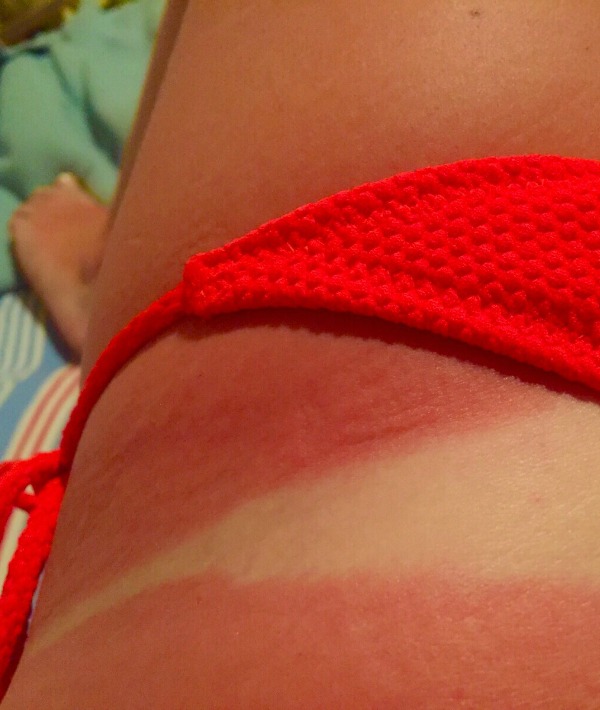
If you've heard someone say they just need to get a base tan (which usually means an initial sunburn) before they're burn-proof for the summer, you may want to tell them the Centers for Disease Control disagrees. According to them, "a base tan is not a safe tan." It turns out that any tan is essentially an injury to the skin. Plus, research suggests that sunburns at any age increase our risk of developing melanoma—a less common but far more dangerous form of skin cancer.
Clouds and sun protection
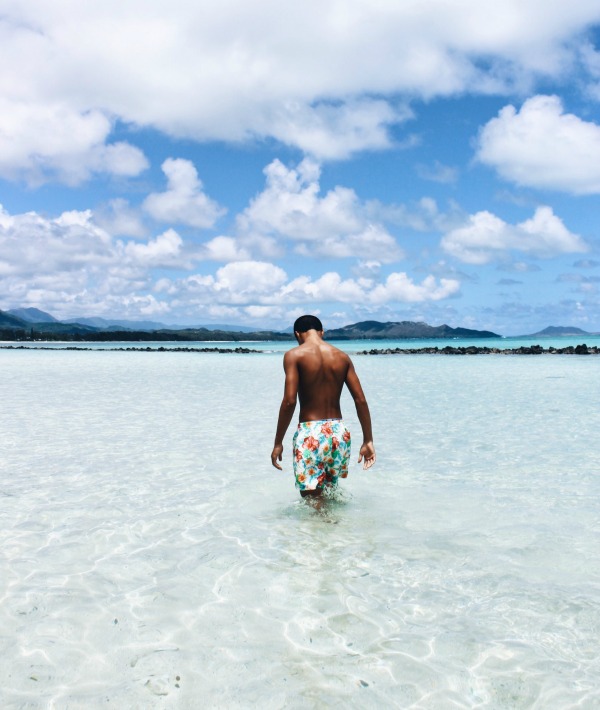
If it's a cool, cloudy day, you don't have to worry about applying sunblock or wearing protective clothing, right? Wrong! 80 percent of the sun's ultraviolet rays are able to penetrate through cloud cover, meaning even on an overcast day, you could get a sunburn. Basically you need to wear SPF 30 or more each and every time you step foot outdoors.
Clothes and SPF
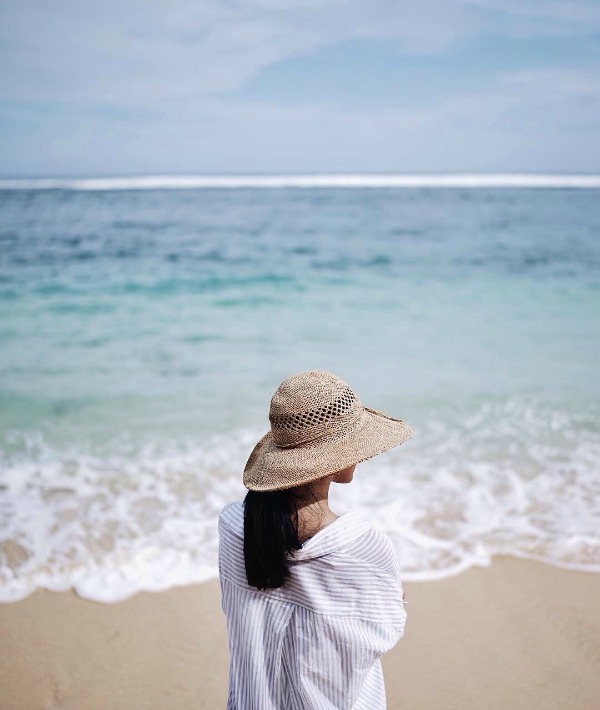
You're at the beach and, smartly, you wore loose, cool fabrics to keep you comfortable while also blocking harmful sun rays. No need to add SPF when you're all covered up, right? Unfortunately, no. The lighter the clothing, the less likely it is to protect you from harmful UV rays. Since only tightly woven, heavy-weight fabrics offer solid sun protection, you definitely still need SPF 30 or higher when you're outdoors, even if you're covered from head to toe.
Sunblock equality
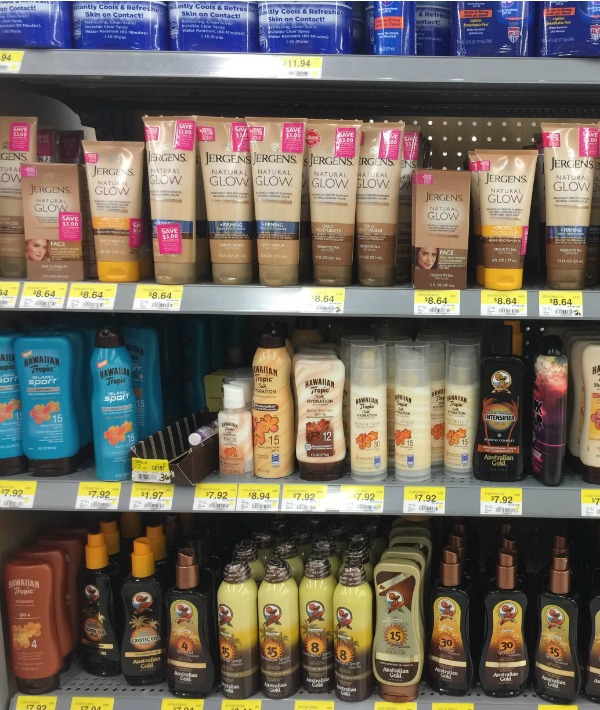
With all the choices, it may be confusing as to which SPF brand is right for you. The sun protection factor (that's what SPF stands for) only measures how much UVB light is blocked. Look for sunscreens that have "broad spectrum" listed, as they protect against dangerous UVA rays, too. As a rule of thumb, everyone should be wearing at least a broad spectrum SPF 30 sunblock to keep their skin safe.
Butter and sunburns
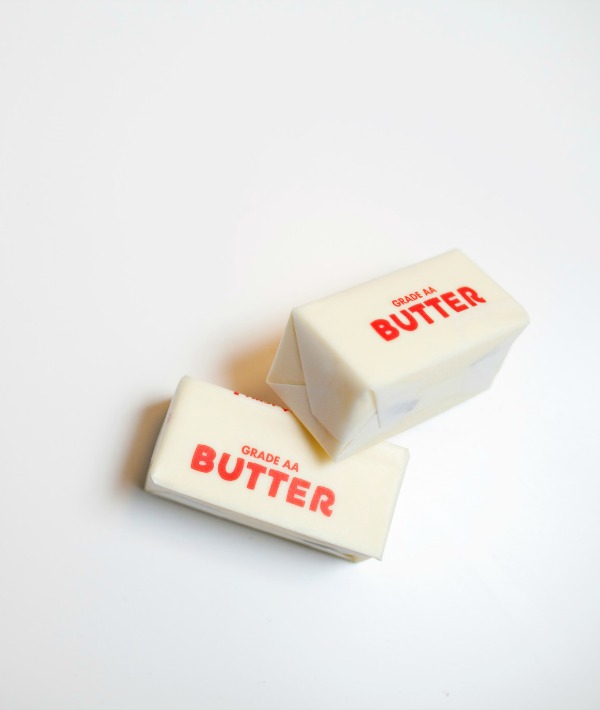
Please don't reach for a stick of butter as some sort of healing balm for sunburned skin. Not only does the fat actually trap harmful heat in your skin, but it can delay the healing process. While adding moisture to dry, burnt skin is helpful, it's important to use products that will allow the skin to breathe (like aloe vera gel) and leave the butter for morning toast.
Summer shaving and infections
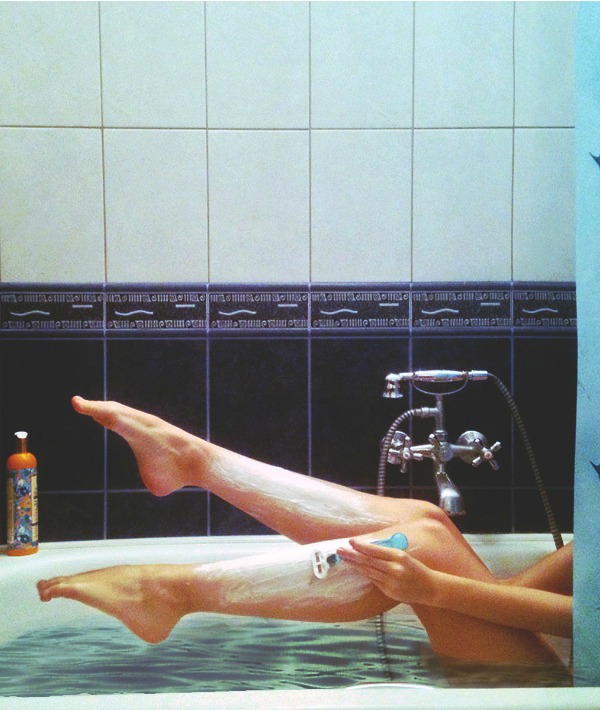
Whether we're shaving our bikini regions or removing our leg and underarm hair, the general concensus is that hair-free is more hygienic, but is that actually true? Irritation and tiny knicks caused by hair removal in moist, warm environments (like our lady bits) are an open-door invite for nasty pathogens. Even micro cuts on our legs from shaving make us more susceptible to infections like cellulitis, often caught at the salon during a relaxing summer pedicure, making hair removal less healthy than going au natural.
Urine and jellyfish stings
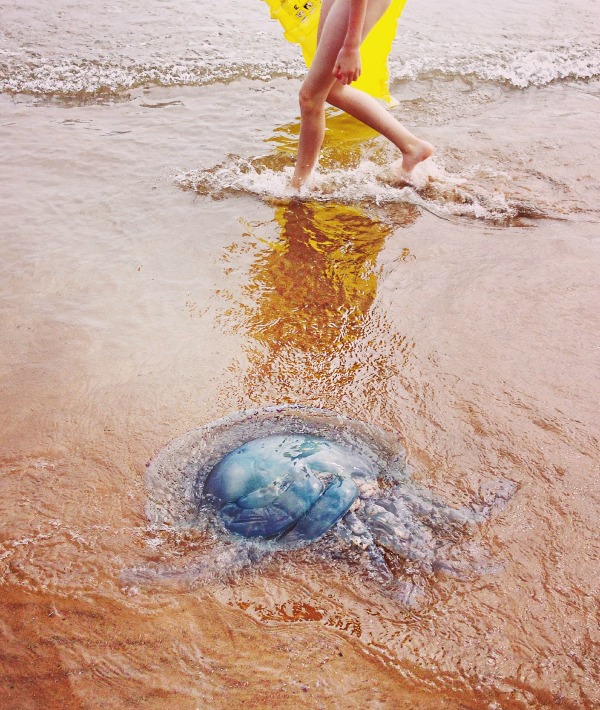
Do you really want to be that person who pees on themselves after getting stung by a jellyfish? Probably not. Even if you're desperate enough to consider dropping your drawers, listen to what science has to say first. Instead of offering instant (albeit warm) relief, urine can actually make the sting of a jellyfish worse, especially if the tentacles are still attached. Use sea water to gently wash away the stingers and, once you're jellyfish-free, use vinegar or baking soda for quick, toilet-free pain relief.
Pools are safe

Before you jump in the pool, make sure you're not committing one of the following cardinal sins of shared swimming. First, people with open wounds (even tiny ones) or diarrhea should not get in the pool. The risk of transmitting or catching norovirus, E. coli and staph infections is exponentially high if they do. Showers are a must. They remove contaminants from the skin and keep the pool clean. Finally: water shoes are a good investment. Not only will they prevent slips, they can ward off athlete's foot. Oh, and don't pee in the pool. It's gross.
Bug guard vs. bug bites
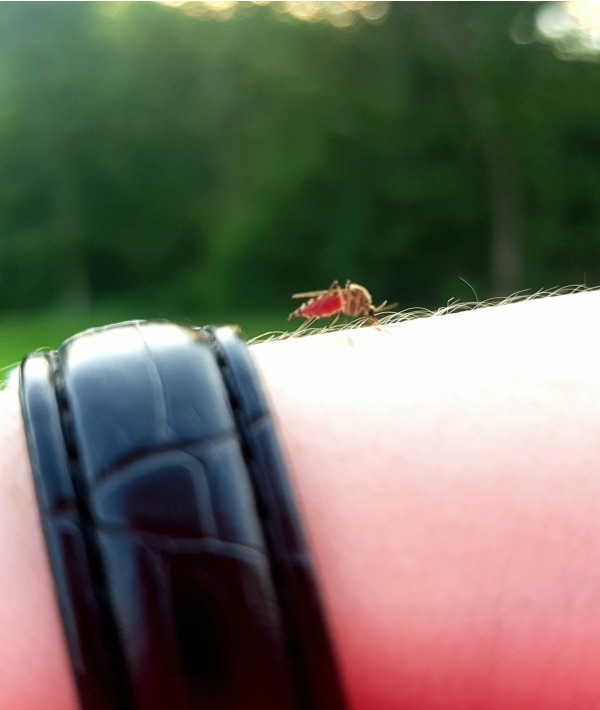
If you're scared of DEET because you heard it's toxic, keep reading. While a 2002 Duke pharmacology study indicated frequent, long-term, heavy use of DEET can cause cell death in rats, used occasionally, it was found to be harmless to humans. Granted, cell death sounds scary, but we think contracting zika virus, west nile virus, four different types of encephalitis, yellow fever, dengue fever, malaria (and more) is a whole lot scarier.
Drinking alcohol at the beach
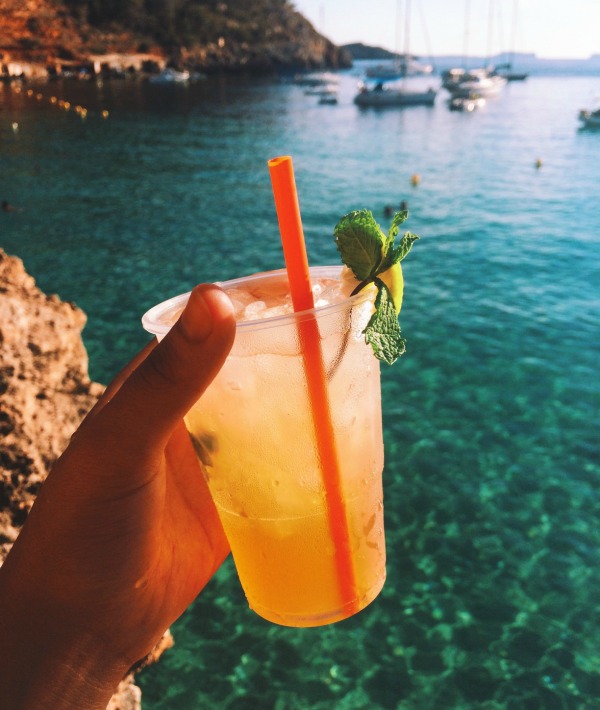
Alcohol is known to dehyrdate us, but when compounded with hot summer temps and physical exertion, our bodies can quickly become dangerously dehydrated. Swimming while intoxicated also puts us at serious risk for accidental drowning. Certain states have laws forbidding alcohol while at the beach. But, even if it's legal where you live, making sure you're hydrated and safe while in or around the water is always a good idea.
Grilling is healthy

In what must be the most depressing study ever, researchers found that meats and other foods grilled at high temps can cause the formation of dangerous chemicals known as heterocyclic amines (HCAs) and polycyclic aromatic hydrocarbons (PAHs) that are mutagenic, changing our DNA and raising our chances of developing cancer. While we encounter HCAs and PAHs in other ways (cigarette smoke and car exhaust for instance) the rate of exposure is higher when we regularly dine on char-grilled foods. Boo.
Food poisoning culprits

Most of us know to avoid room-temperature meats at BBQs and cook-outs (or risk getting food poisoning), but even healthy veggies and fruits could cause sickness. In fact, produce-transmitted food-borne illness is actually more common than catching a stomach bug from beef and poultry, combined. Botulism, campylobacter, E. coli, salmonella and more are all transmitted through a variety of foods, including "healthy" items like nuts, salads, fruits and more.
Fruit diets
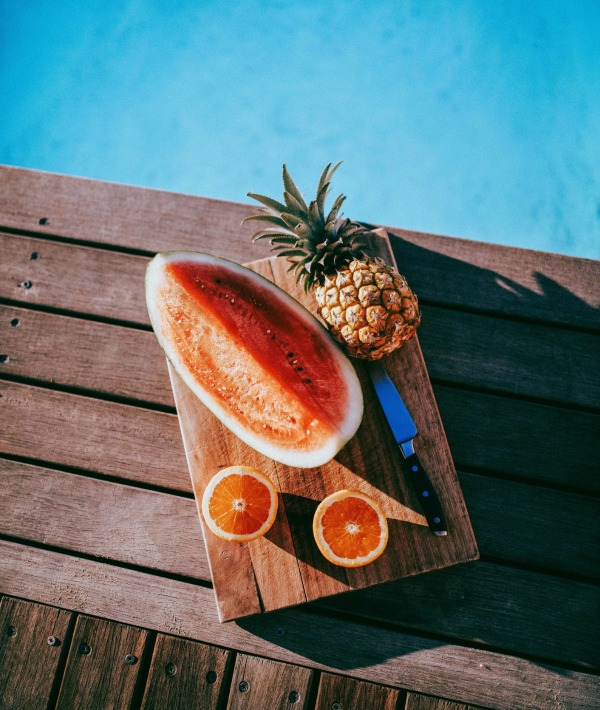
Eating fruit all summer long feels like a right as much as a privilege. Fresh fruit makes our bodies feel healthy and cool in the summer heat. In fact, many "cleanses" include fruit and fruit juices, so they must be healthy, right? Unfortunately, high-fruit diets are not all they're cracked up to be. Fruit is high in sugar, causing our pancreas to work overtime to adjust our blood-sugar levels. Plus, all that sweetness and acid can seriously hurt our teeth. Experts recommend limiting our fruit to two 1-cup servings daily, which is really unfair.
Exercising outdoors

Even our parents knew it was healthy to go outside and burn calories. Not only do we get fresh air, but we're boosting our bodies with vitamin D thanks to the sun, while enjoying some much needed physical exertion. But, like drinking alcohol outdoors, we need to be careful about staying hydrated and protected from the sun. Dehydration and heat stroke can make our outdoor exercise session less healthy and more harmful to our bodies.
Waist deep in the water is safe

We have a false sense of security in shallow water. Not only can people (especially young children) drown in as little as a few inches of water, but standing in the shallow end of the beach has another danger: sharks. While shark attacks are extremely rare, if you think only going knee or waist deep in the water will save you, you're wrong. Most shark attacks actually happen in shallow water, which has totally ruined the beach for all of us.
Natural cures for swimmer's ear
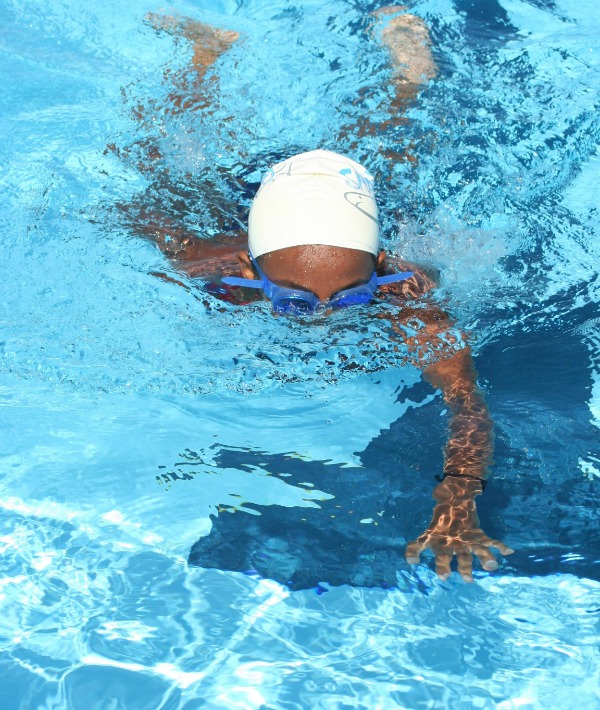
Google "how to treat swimmer's ear" and you'll likely find someone touting the healing properties of sweet oil. Ear, nose and throat doctors caution against many home remedies, including sweet oil. They say these treatments can actually make the problem worse, as fungus can grow on the oil, creating a more dangerous (and harder to treat) problem. Instead, see a doctor for prescription ear drops and, possibly, antibiotics.
Ice boxes keep food fresh

Spoiler alert: your food isn't as cold as you think sitting in a cooler full of ice. While drinks, including water, sodas, beer and juice are safe, more perishable items like meats, dairy products and more are likely not keeping a steady chill of 40 degrees or less. Opening and closing the cooler make it even less efficient at refrigerating our food. This means you're risking food-borne illness every time you eat or serve cooler-stored food.
Pets have built-in sun protection

Fur is a natural defense against harmful UV rays, but that doesn't mean our pets can't get sunburned. Sparse fur (like on pigs), light-colored fur and exposed skin (noses, ears, paws and bellies) can all lead to painful sunburns for our pets. Just like we want to protect our families from the sun, we need to make sure we're giving our pets ample shade to cut their risk of exposure and keep them happy, cool and healthy.




